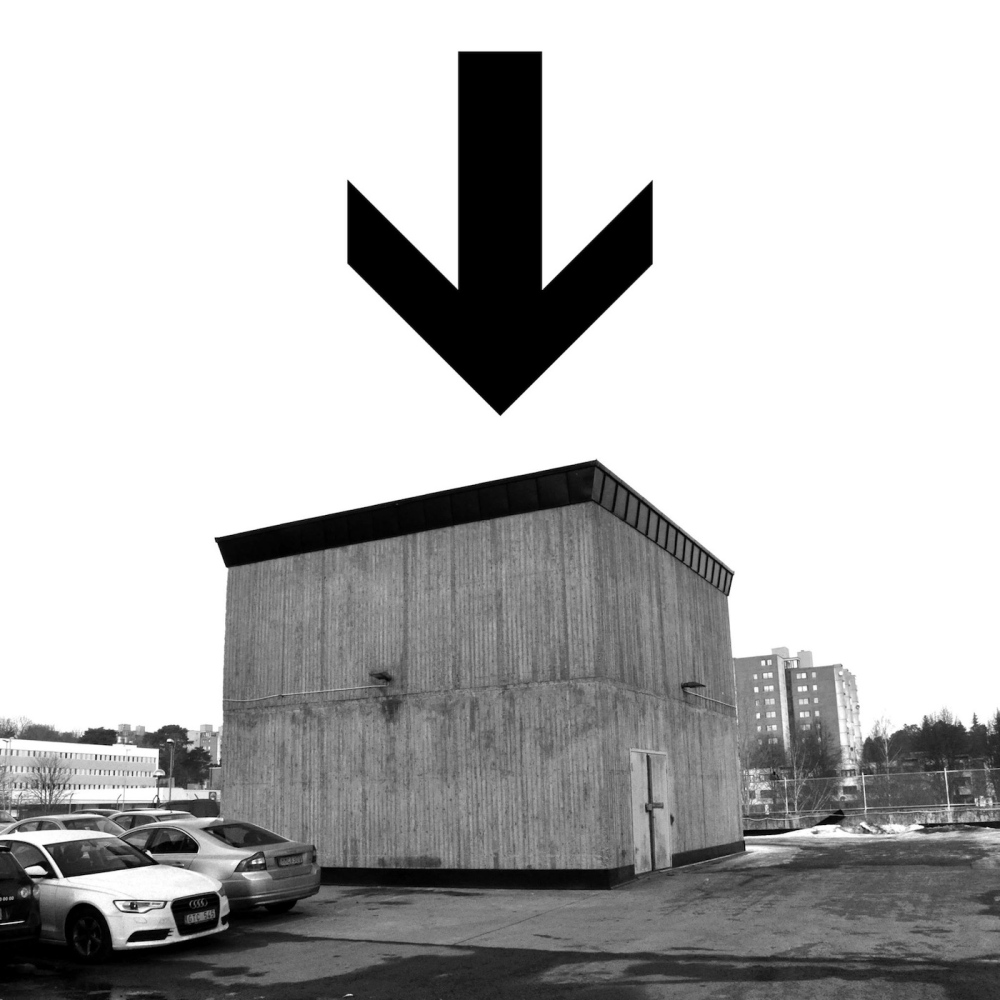Peter Lang (MejanArc) & Markus Bader (raumlaborberlin): double lecture with Studio 2 in Fittja (Oct 10)
Double lecture with Professor Peter Lang, Mejan Arc, The Royal Institute of Art and Professor Markus Bader from raumlaborberlin.
Tid: Fr 2014-10-10 kl 10.00 - 12.45
Plats: The CUBE, Värdshusvägen 6, 145 51 Fittja

These lectures are part the New Biennial of Art and Architecture, Botkyrka Art Centre, and are organized as a collaboration between the KTH School of Architecture's Advanced Level and the Royal Institute of Art ( MejanArc ), with support Goethe-Institut Schweden .
Peter Lang will present his on-going work on diagramming and categorising living contexts. Putting together an urban pattern language on the spaces of mass rallies, border zones, sleeper zones, slip zones and time vaults. Markus Bader will present recent works by raumlaborberlin. Both talks are open to the public and are held in English. Welcome!
PETER LANG
is the newly appointed professor in Architecture History and Architecture Theory at the Royal Institute of Art in Stockholm. He holds a Bachelor in Architecture from Syracuse University (1980) and a Ph.D. in history and urban studies from NYU (2000). From the Fall of 2001 to the Spring of 2009 he served as permanent Texas A&M faculty at the Santa Chiara Center in Italy. In 2009 he was appointed Associate Professor at Texas A&M in College Station Texas, where he has taught graduate courses and directed PhD students. He writes on the history and theory of post-war Italian architecture, with a focus on Italian experimental design from the sixties. Lang also has been actively involved in urban field research principally related to the understanding of informal cities and underprivileged communities.
RAUMLABORBERLIN
is a network, a collective of 8 trained architects who have come together in a collaborative work-structure. We work at the intersection of architecture, city planning, art and urban intervention. We address in our work city and urban renewal as a process. We are attracted to difficult urban locations. Places torn between different systems, time periods or planning ideologies, that can not adapt. Places that are abandoned, left over or in transition that contains some relevance for the processes of urban transformations. These places are our experimentation sites. They offer untapped potential which we try to activate. This opens new perspectives for alternative usage patterns, collective ideals, urban diversity and difference. ( raumlabor.net )

